Cancel Culture, Pressure And An Ideal Image: What's Driving South Korean Celebrities To Suicide

Join our WhatsApp Community to receive travel deals, free stays, and special offers!
- Join Now -
Join our WhatsApp Community to receive travel deals, free stays, and special offers!
- Join Now -
South Korea's entertainment industry has witnessed a shocking number of young celebrity deaths in recent years, with many dying by suicide. The untimely death of Kim Sae Ron, a 24-year-old actress, on Sunday (February 16) brings this painful reality back to the forefront.
Kim Sae Ron joins a tragic list of stars who have lost their lives at a young age, many under similar circumstances. Moonbin, Sulli, Jonghyun and Goo Hara are just a few of the names that have become synonymous with the devastating pressures of fame. These suicides are not isolated incidents but a reflection of systemic issues within the entertainment industry.

File photo of Kim Sae Ron.
The question arises: Why do so many young stars, who seemingly have everything, succumb to such pressures? It is not just the relentless work schedules or public criticism but a deeper, more insidious issue - a culture that does not allow for vulnerability, imperfection or the recognition of mental health struggles.
The "Ideal" Idol Image
In South Korea, celebrities are not just entertainers - they are expected to embody idealised; almost unattainable; standards of behaviour, appearance and character. K-pop idols, actors and actresses must maintain a perfect public image at all times.

File photo of Kim Sae Ron and Moonbin.
This expectation stems from the intense influence that celebrities wield in Korean society. For young idols, their every move is scrutinised, from their fashion choices and social media posts to even their personal relationships.
The public's demand for an "ideal" image is rooted in the notion that idols are not only entertainers but role models for the younger generation.
When The Ideal Image Becomes A Burden
The Korean concept of "idol" culture is one of perfection. Idols are expected to maintain strict discipline in their personal and professional lives, with their agencies imposing rigorous schedules and rules.
These can include everything from limitations on dating, curfews and constant media training, to social media restrictions. Celebrities are often under immense pressure to uphold a pristine image to remain successful and relevant in the highly competitive entertainment industry. This pressure is intensified by the industry's demanding nature, which often leaves little room for personal privacy or freedom.

File photo of Kim Sae Ron.
These relentless pressures contribute to a mental health crisis that often goes unnoticed. While the public enjoys the music and performances, the human cost of this "idealised" image is often hidden behind the glitz and glamour of the stage.
Unfortunately, the drive for this perfect image has led to a growing number of tragedies. The suicides of South Korean celebrities, often caused by overwhelming public scrutiny, cyberbullying, mental health struggles and the relentless pressure to conform to social expectations, are part of a wider issue plaguing the entertainment industry.
The Silent Epidemic Of Celebrity Suicides
Kim Sae Ron's suicide is the latest in a troubling string of deaths among young South Korean stars. Moonbin's tragic suicide in 2023 sent shockwaves throughout the K-pop community. Moonbin, who was part of the popular boy group ASTRO, had long been a beloved figure. Despite his success, he struggled with the heavy emotional toll of fame.

File photo of Moonbin.
Other prominent celebrities who have died by suicide include:
Sulli (Choi Jin-ri), a former member of f(x), was found dead in her home in October 2019 at the age of 25. She had been vocal about her struggles with online bullying, body shaming and depression.

File photo of Sulli.
Jonghyun (Kim Jong-hyun), the lead singer of SHINee took his own life in December 2017. He was battling depression and had left a heartbreaking note explaining his struggles with mental health.

File photo of Jong-hyun.
Another former member of f(x), Goo Hara's death in November 2019 also drew attention to the dangers of cyberbullying and the pressures of fame. She had been involved in a publicised legal battle with an ex-boyfriend and her mental health had been greatly affected by the public's intrusive interest in her personal life.

Park Yong Ha took his own life in 2010 at the age of 33. Park, known for his roles in the drama Winter Sonata, was struggling with immense emotional distress and reportedly faced overwhelming pressures from his career.

File photo of Park Yong Ha.
Another case that brought attention to the hidden struggles of South Korean celebrities was the death of Jang Ja Yeon, an actress who was found dead in 2009 at the age of 29. Jang's death was later revealed to be a suicide, and investigations unearthed a dark story of physical and mental abuse by her management company.

File photo of Jang Ja Yeon.
Cha In Ha, a rising actor from the popular drama Love With Flaws, also died by suicide in 2019. Lee Sun-Kyun, who starred in the Oscar-winning film Parasite, was found dead at his apartment in Seoul.

File photo of Lee Sun Kyun.
Cancel Culture And Cyberbullying
Another toxic aspect of South Korean celebrity culture is the phenomenon of "cancel culture" and cyberbullying. In a society that holds its celebrities to the highest moral standards, even the slightest deviation from the norm can result in a public backlash that can destroy careers.
Idols and actors are often "cancelled" for a range of issues, from personal mistakes to alleged misdeeds. Once a celebrity is cancelled, they face widespread boycotts, social media attacks and public shaming. This toxic culture not only impacts the professional lives of these individuals but also contributes to their emotional and mental stress.

Goo Hara.
The intense scrutiny that K-pop idols face from both the public and their fans can lead to cyberbullying. This type of bullying has become increasingly rampant on platforms like X (formerly Twitter) and Instagram, where anonymous users can launch hurtful attacks.
These attacks often target an idol's appearance, personality or past actions, and can escalate to extreme levels of harassment.
Unfortunately, the highly competitive nature of K-pop fandoms often fuels these attacks, leading to a phenomenon known as "fandom wars," where different fan bases tear down one another's idols.
Such treatment has a devastating effect on the mental well-being of idols, particularly those who are already struggling with the pressures of fame. In some cases, the public's harsh judgment can push an individual to the breaking point.
The Pressure Of Being Perfect
The South Korean entertainment industry has long been criticised for its "slave contracts," which force idols to endure gruelling schedules that often leave little room for personal life. These contracts typically require idols to work excessively long hours with little regard for their physical or mental health.

Lee Sun Kyun.
In South Korea, mental health is still a taboo subject and many idols are often reluctant to seek professional help. This reluctance is compounded by the fear that showing vulnerability might damage their career prospects.
Mental health struggles are frequently swept under the rug, with idols expected to push through their pain in order to maintain their "perfect" public image.
Highest Suicide Rates In The World
South Korea has one of the highest suicide rates in the world, particularly among young people. The suicide rate among celebrities has drawn attention to the systemic issues that contribute to these tragic outcomes.
According to the World Health Organization, South Korea's suicide rate is nearly double the global average. In 2020, the country reported 24.3 deaths by suicide per 1,00,000 people, which is significantly higher than the global average of 10.5.

File photo of Jung Chae Yul.
According to state-run Statistics Korea, 13,978 people took their own lives in 2024, which translates to 27.3 deaths per 100,000 people. This marks an 8.5% increase from the 2022 figure of 25.2 deaths.
The pressures of school, work and social expectations are often cited as contributing factors, but the entertainment industry's specific demands amplify these stressors for idols.
A Toxic Cycle
The tragic deaths of Kim Sae Ron, Moonbin, Sulli, Jong-hyun and many others raise the same set of questions about the future of the K-pop industry. Is the price of fame too high? Can the industry evolve to support the mental health of its idols? These are questions that need to be addressed to prevent further tragedies.

There is hope, however. South Korea's entertainment industry is slowly beginning to recognise the importance of mental health, with more discussions surrounding the issue and increased awareness.
Some idols have become advocates for mental health, speaking out about their own struggles and encouraging others to seek help. However, much more needs to be done to create a supportive environment for young stars.
What's Your Reaction?
 Like
0
Like
0
 Dislike
0
Dislike
0
 Love
0
Love
0
 Funny
0
Funny
0
 Angry
0
Angry
0
 Sad
0
Sad
0
 Wow
0
Wow
0














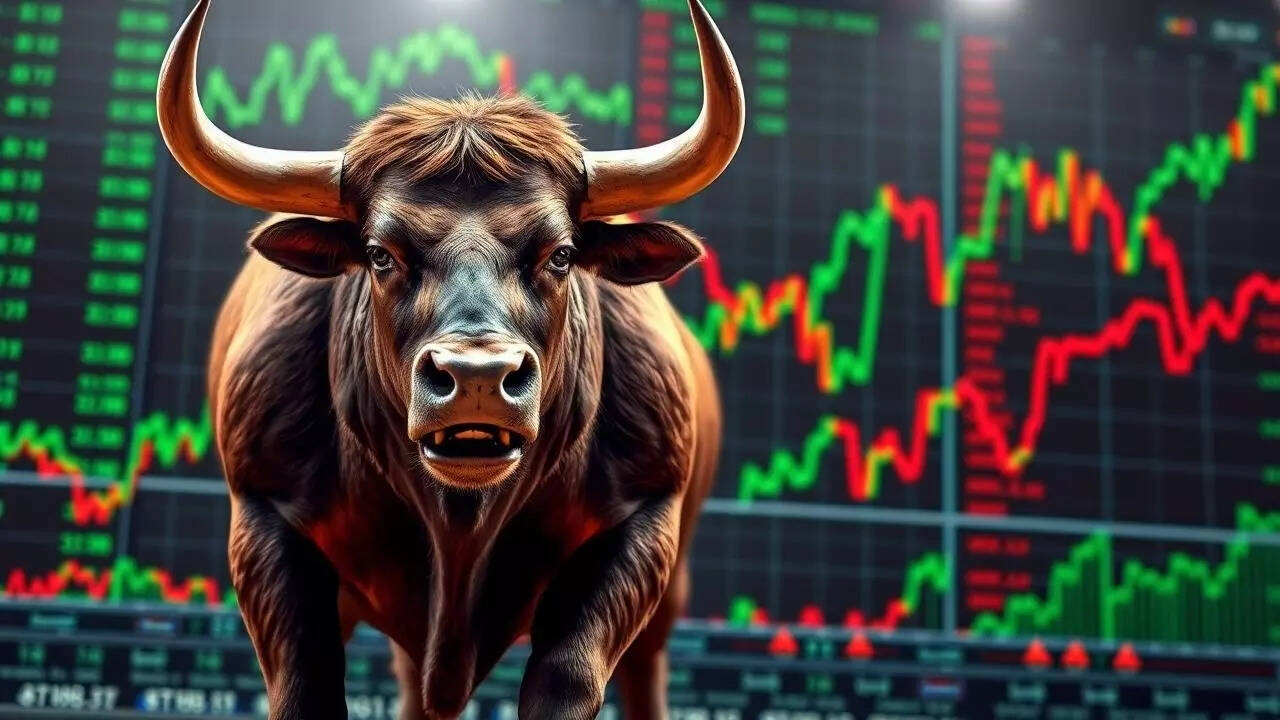

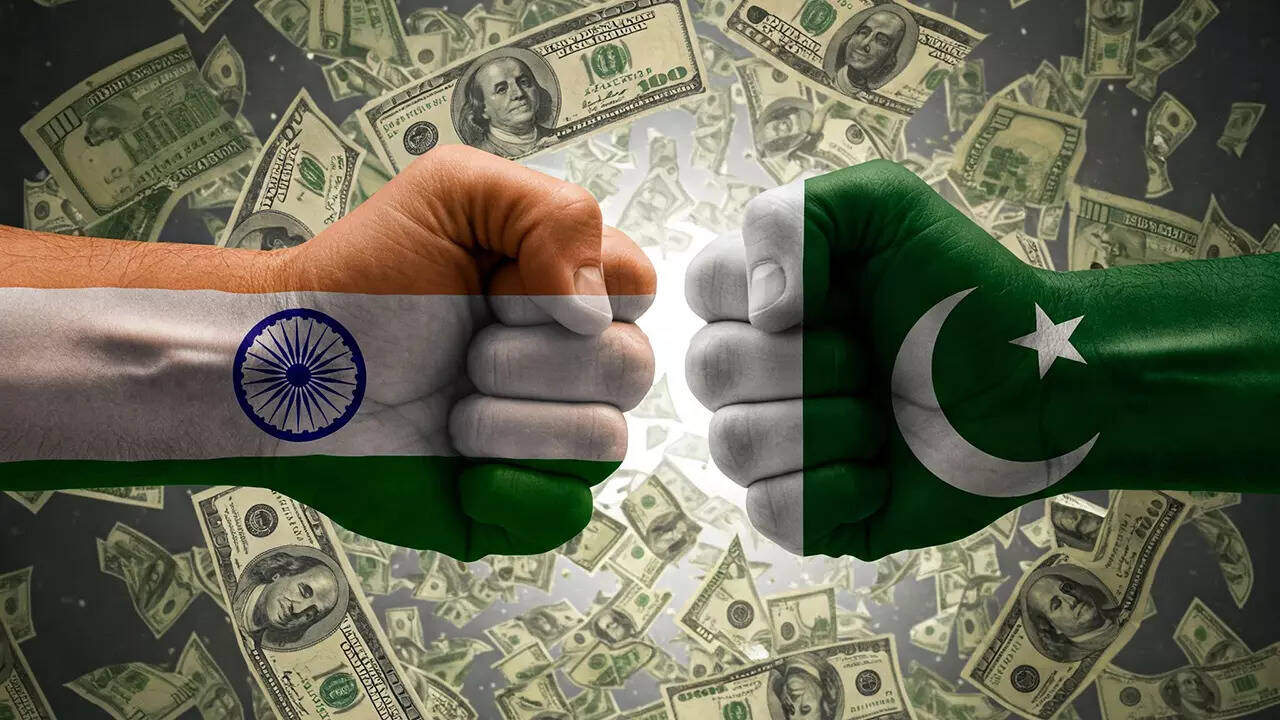
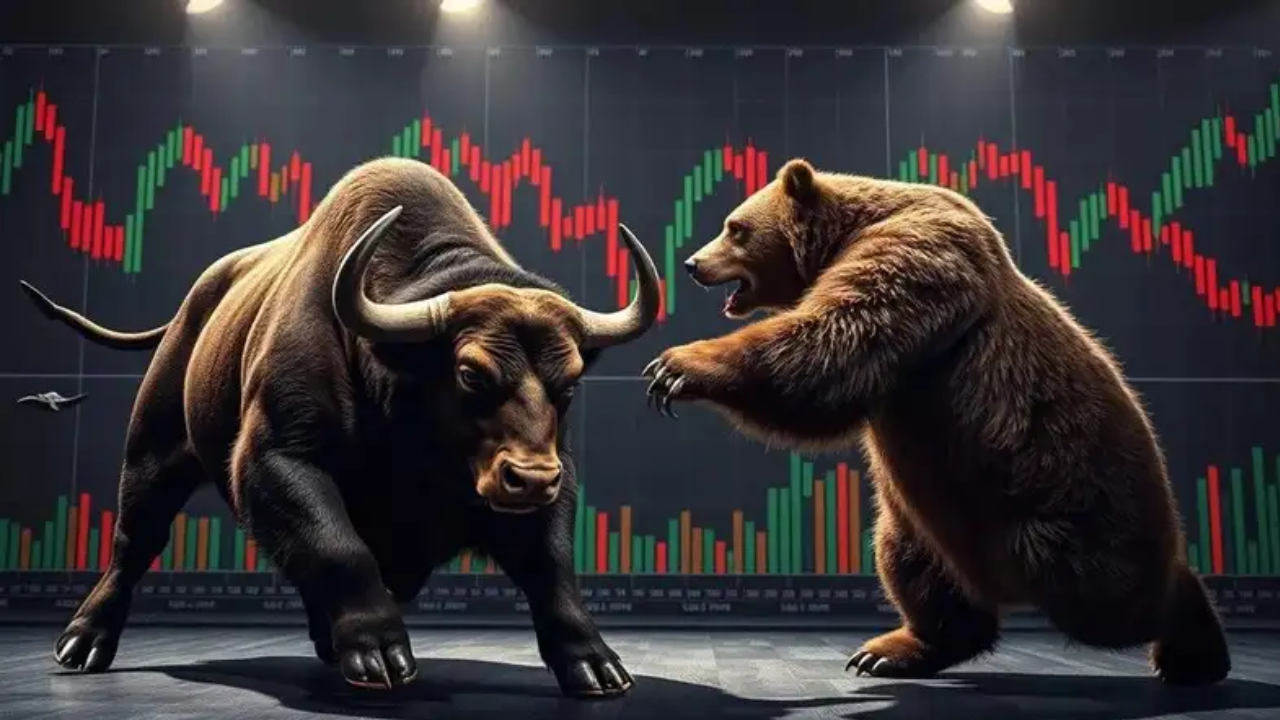











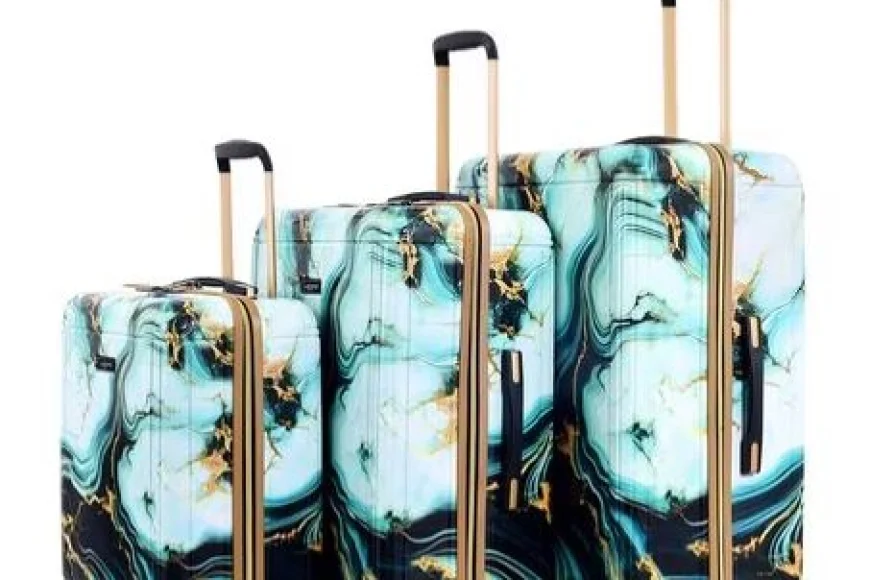
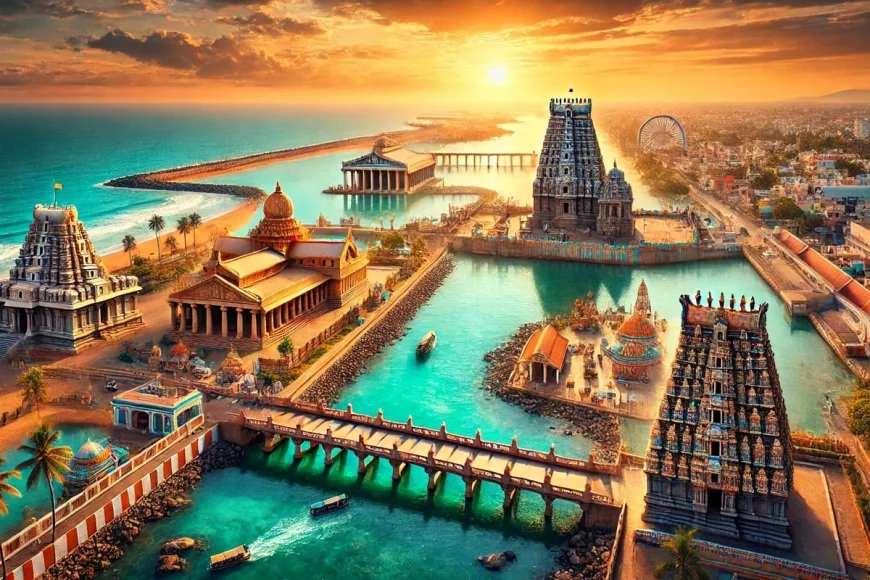
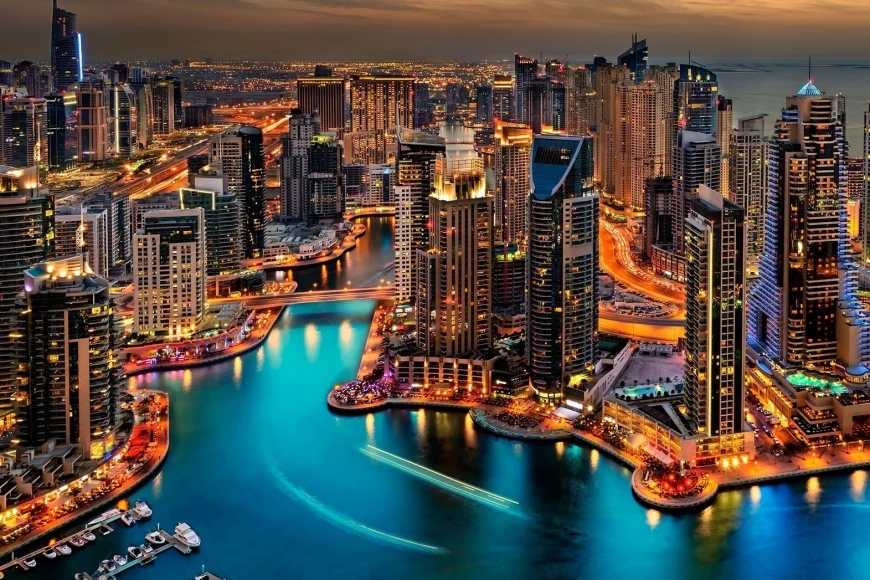





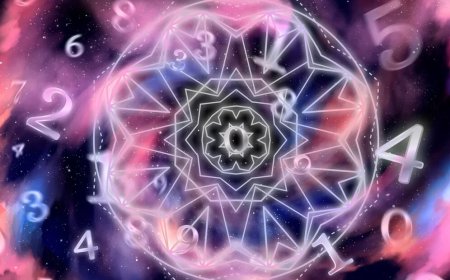


![Today's hottest deals - Kinsley Iron Blue Desk Pot at just Rs.49 [MRP ₹299]](https://savefree.in/uploads/images/202504/image_870x580_680c89dae6fdb.webp?#)















